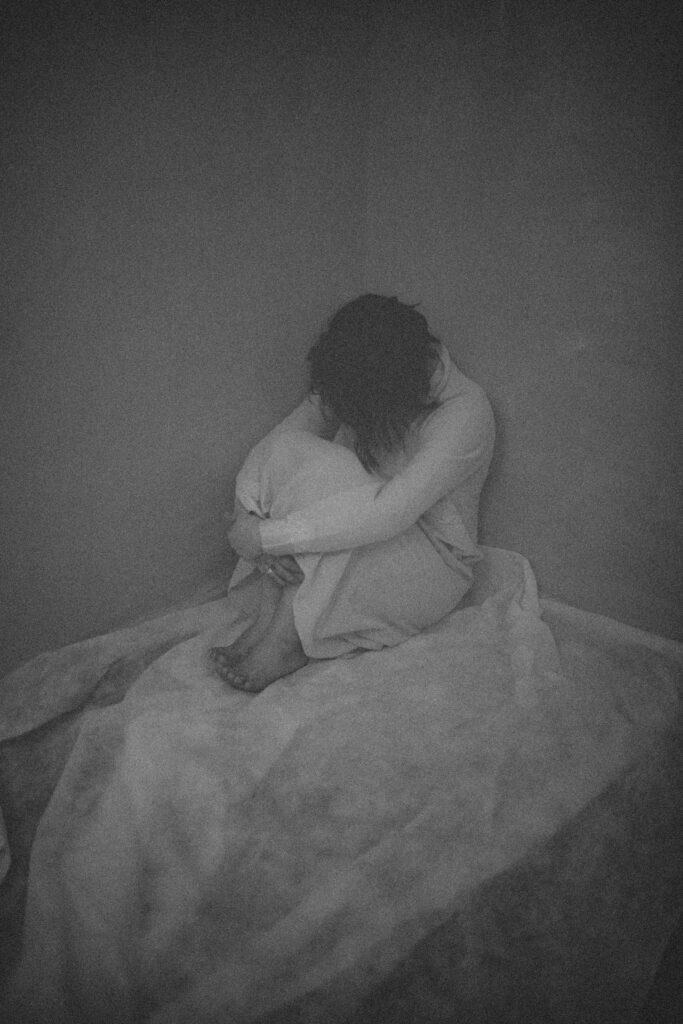 When it comes to psychosis, the short answer is that it is a usually a symptom and not a diagnosable disorder. Psychosis is a symptom of losing touch with reality. It typically manifests as hallucinations (auditory and visual are the most common) and/or delusional thinking. Most people are familiar with paranoid delusions such as believing the FBI is watching the person. Psychosis can induce disorganized speech and abnormal movements such as catatonia which is motionlessness.
When it comes to psychosis, the short answer is that it is a usually a symptom and not a diagnosable disorder. Psychosis is a symptom of losing touch with reality. It typically manifests as hallucinations (auditory and visual are the most common) and/or delusional thinking. Most people are familiar with paranoid delusions such as believing the FBI is watching the person. Psychosis can induce disorganized speech and abnormal movements such as catatonia which is motionlessness.
Is Psychosis a Symptom or a Diagnosis?
When psychotic symptoms persist for over a month, people are usually diagnosed with schizophrenia. Psychosis preceding a diagnosis of schizophrenia often has onset from age 16-24. Psychosis can also occur with other diagnoses or circumstances. It can occur with depression or bipolar disorder. Some people can experience psychosis from alcohol or drug use, but this typically goes away when they sober up. The US Navy in the 1930s was doing experiments on sleep deprivation and discovered a few days into the experiment that participants were having psychotic breaks. This type of psychosis goes away after a good night’s sleep. Despite these variations, the most common and concerning manifestation is schizophrenia, which affects 20 million people around the world.
Is There a Cause for Psychosis?
Researchers continue to explore the causes and drivers of psychosis. They know genetics plays a vital component given the high heritability of schizophrenia. Chemical imbalances in the brain also play a role, which is what the class of drugs called antipsychotics are designed to balance and correct. Environmental factors like anxiety, stress, and trauma can also trigger a psychotic episode.
How is Psychosis Treated?
When it comes to emerging schizophrenia, research is finding better outcomes with immediate and rapid treatment for the first episode of psychosis. Getting on antipsychotic medication right away will often alleviate psychosis and help prevent future episodes. One theory posits that delayed treatment may cause some lasting changes in the brain resulting in worse outcomes long-term. Psychotherapy has proven an essential adjunct to medication. Learning coping skills can reduce stressors, which often trigger or worsen symptoms. For now, there is no cure for schizophrenia, but if appropriately treated with medication and therapy, people can continue to have an everyday life.
If you are interested in meeting with one of our psychiatrists, feel free to contact IPC so you can schedule an appointment with one of our providers for a more thorough assessment. Please call us now at 763-416-4167, or request an appointment on our website: WWW.IPC-MN.COM so we can sit down with you and complete a thorough assessment and help you develop a plan of action that will work for you. Life is too short to be unhappy. Find the peace of mind you deserve.
To get more great resources, sign up for our newsletter, like us on Face Book, or follow us on Twitter.
Innovative Psychological Consultants
Peace of Mind You Deserve
Schedule An Appointment
"*" indicates required fields


